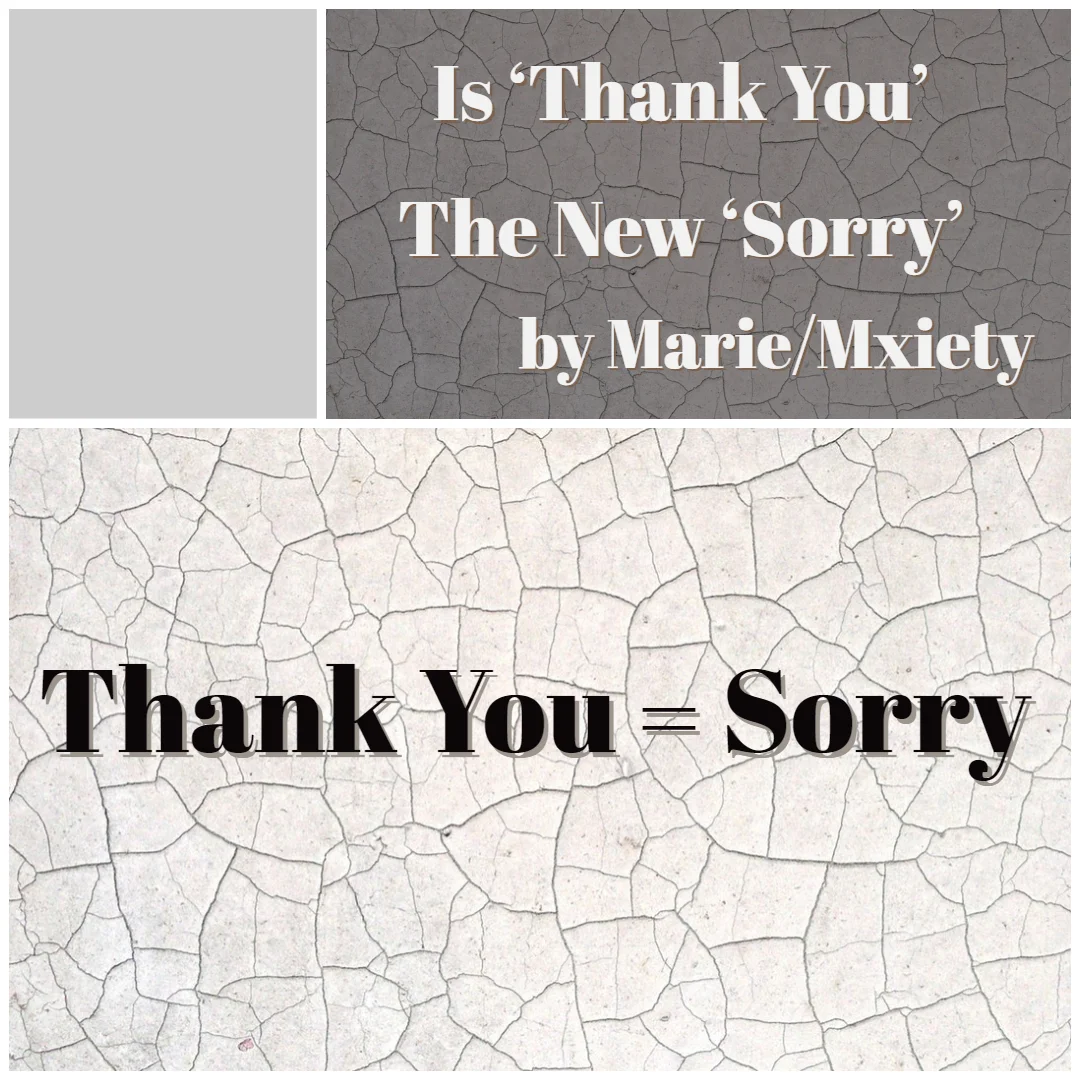Let's Stop Mental Health Gatekeeping
I never fancied myself a doctor, not without earning it through years of intense schooling. I never pretended to know more than I do. I was ready to discount everything I knew from experience. How could it matter if an accredited university hadn’t double checked all of my work at some point?
Cover Photo by: by Annie Spratt on Unsplash
How Comparing Yourself To Others Is Worse Than Being Depressed
I think we can all agree that continuously pushing up against an invisible, always stronger foe is probably not the greatest for our mental health. I know we can all agree that no one wins the comparison game. Not even the person who feels briefly better because they explained how their plight is worse than whatever it is you have to deal with.
___
Cover Photo by Nicolas Thomas on Unsplash
How Accepting My Mental Illness Changed My Life
So now, you tell me. Was ignorance bliss or was awareness my savior? Was my diagnosis my crutch or my comfort and explanation? Should you continue sleeping through the nightmare because you just want some rest, or should you violently wake yourself up and go through the painful process of dealing with things?
What I Learned About Forgiveness Through My Abusive Parents
As a child, you are usually unaware of the notion that your parents might not know what’s best. Usually, we are much older when we find that they are fallible people, like everyone else. But my parents weren’t just imperfect. They induced isolation and pain into my life. Pain which planted seeds of distrust.
Cover photo: Photo by Designecologist from Pexels





